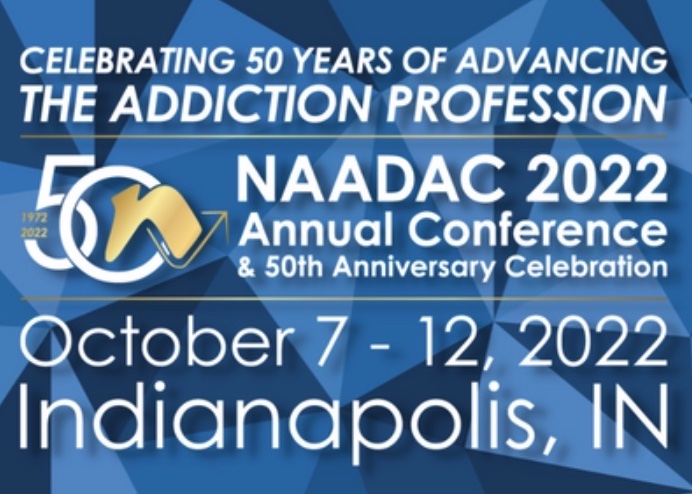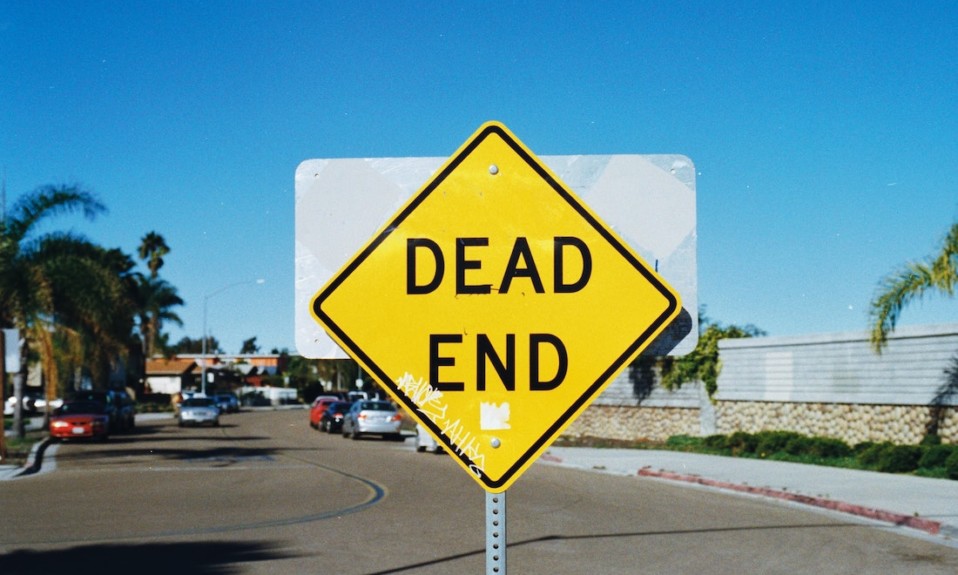On Sept. 20, NAADAC plans to celebrate the work of addiction professionals. Treatment centers from coast to coast can do the same thing
By Jenny Diedrich
A national association supporting addiction professionals wants to see them recognized for their specialized education as well as the work they do every day to bring hope to those with substance abuse disorder and their families.
NAADAC, the Association for Addiction Professionals, is promoting National Addiction Professionals Day, celebrated on Sept. 20, to help professionals feel the love and inform the public about their work.
“It’s important that the government shows support because it lends credence to the profession,” says Cynthia Moreno Tuohy, executive director of NAADAC. “Addiction still is stigmatized, and the people who serve addiction still are stigmatized.”
“There’s still an idea that [addiction professionals] are people in recovery just doing good things. The addiction professional today has to be more educated than a general counselor.”
—Cynthia Moreno Tuohy, executive director of NAADAC
According to Tuohy, the public doesn’t fully understand addiction professionals’ level of specialty and education. Many of these workers have multiple degrees and areas of discipline.
“There’s still an idea that [addiction professionals] are people in recovery just doing good things. The addiction professional today has to be more educated than a general counselor. I’m a social worker and have all of that training, but then I have to go through another year of education to get my specialty in addiction. You end up with five years of education to do this work,” she says.
Tuohy hopes addiction professionals can receive the same level of respect and admiration that medical healthcare workers did at the start of the COVID-19 pandemic.
“Wouldn’t it be cool if we had a similar response to addiction professionals as what happened during COVID with the medical profession? People got how these professionals were risking their lives and putting themselves out there. [Addiction counselors] work with people for years to help them get into recovery, and it can be not only overwhelming but very stressful. These people are working hard to not just change one person’s life, but the whole family system,” she says.
Tuohy points out that clients, drug issues and trauma all have become more complex over the years–making addiction professionals’ jobs even more difficult and vital.
“We have to keep up with education on new drugs,” she says. “You have fentanyl that’s being distributed from China and Mexico. Because the brain is getting more overloaded, you’re seeing more anxiety and depression and other mental health issues. And we don’t just have trauma from general life situations, but now we have trauma associated with the pandemic.”
Future Events
NAADAC is developing more intensive training specific to trauma and plans to kick off this new focus at its annual conference in October.

NAADAC’s members are counselors, educators and other addiction-focused healthcare professionals who specialize in prevention, treatment and recovery support. The organization provides education, clinical training and certification while representing the interests of more than 100,000 addiction professionals in the U.S., Canada and abroad.
NAADAC is encouraging treatment facilities to promote National Addiction Professionals Day through their own communications and marketing platforms, and to celebrate their staff. Go here to download NAADAC’s free toolkit for organizing an event on National Addiction Professionals Day.
Photo: Sharosh Rajesekher














